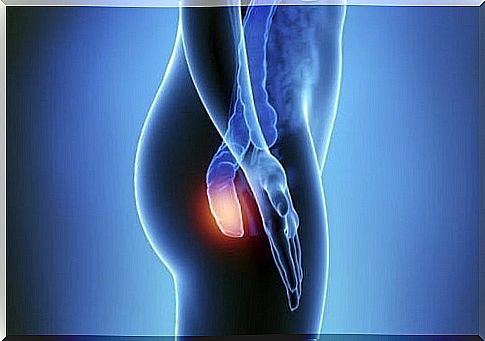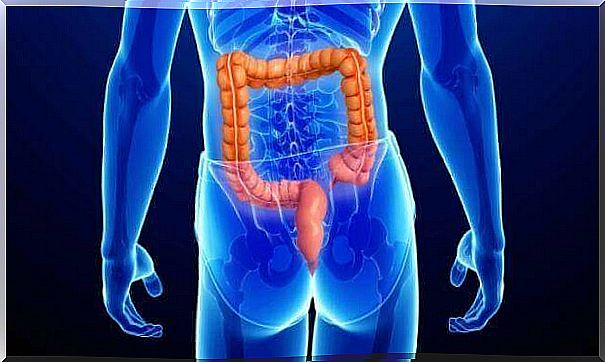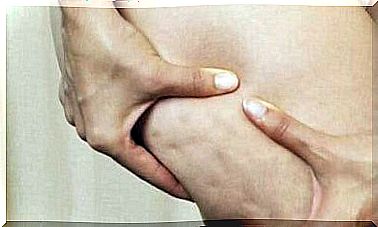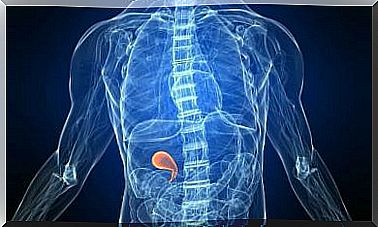5 Symptoms Of Anal Cancer You Should Know About

You almost never hear about anal cancer and symptoms of anal cancer. It is a silent disease and does not have the high incidence of lung cancer or breast cancer, and it is something you should be aware of.
According to the Spanish Cancer Society, anal cancer represents 1.9% of all tumors in the digestive tract.
Although this is not a very high number, you need to be aware of the fact that the prevalence of this disease has increased in recent years due to risk factors such as:
- Tobacco use
- Longer service life
- Human Papillomavirus (HPV) Infection
It affects more men than women, but is more common in women over 50 years.
The biggest problem with anal cancer is that it often develops without any obvious symptoms.
Furthermore, those who have hemorrhoids will often mistakenly attribute bleeding and swelling to hemorrhoids, and therefore never seek the medical help the situation requires.
Since information is our most powerful tool, let’s take a look at some of the key features of this disease.
Anal cancer, the silent disease
We do not pay much attention to our bodily processes. We go to the bathroom without thinking about checking the stool for irregularities or traces of blood.
The anus is not just where the body expels feces; we must remember that it is part of our intestines, the colon specifically.
Its annular muscles are composed of several cells that, for various reasons, can undergo genetic changes that produce abnormal cells or cancer cells.
There are certain risk factors we can control, but as you know with cancer, it is not just dependent on living healthy.
There are other factors we can miss, and for whatever reason, this leads to the development of the disease. This is why it is so important to be aware of the symptoms of anal cancer.
Symptoms of anal cancer: Bleeding

This is the most important symptom you need to know. Occasional bleeding can be caused by other factors, so it is important to get a proper diagnosis.
- Sometimes bleeding is due to hemorrhoids, a simple infection or other disease that a specialist will be able to diagnose.
- It is important to consult your doctor about this problem as soon as it arises.
2. The feeling of fullness
Most patients who have developed anal cancer experience a feeling of fullness in the rectal area. It is from a mass that grows on the inside and that causes discomfort and even itching.
- Sometimes these masses prevent intestinal transit in such a way that a person may even lose control of their anal muscles.
- At first it is barely noticeable. In fact, most people wait for up to 6 months when the symptoms are more obvious before going to their doctor.
3. Formation of “warts”

Anal cancer is often associated with the formation of warts in the anal region. They can develop in the intestine itself or externally, causing discomfort.
Many patients confuse them with common boils, but it is important to keep an eye on them.
Do not be embarrassed to talk to your doctor. It will give you peace of mind.
4. Changes in stool
We experience small disturbances in our intestinal transit from time to time. Everyone experiences occasional constipation or diarrhea. This is normal.
- Things to worry about include loss of control over anal muscles and incontinence.
- As the tumors develop, the patient may experience fluid secretions in the anal area.
5. Symptoms of anal cancer: Itching

Symptoms in the lower half of the body include fatigue in the lower back, abdominal pressure and itching in the anal area.
- Itching is often associated with hemorrhoids, so many people resort to the classic creams and treatments to relieve the discomfort of a health problem that is not often shared with others.
- We must once again emphasize the importance of consulting a doctor at the first sign of any of these symptoms.
An early diagnosis increases the chances of successful treatment and survival.
In a small number of cases, anal cancer is not diagnosed until the advanced stages when the tumor has reached the lymph nodes. In these cases, the treatment is often much more aggressive.
But medical knowledge is making new advances every day, and new technologies, treatments and medicines are constantly being developed.









